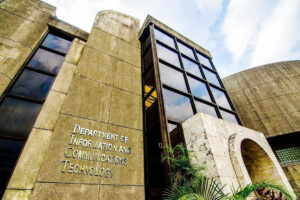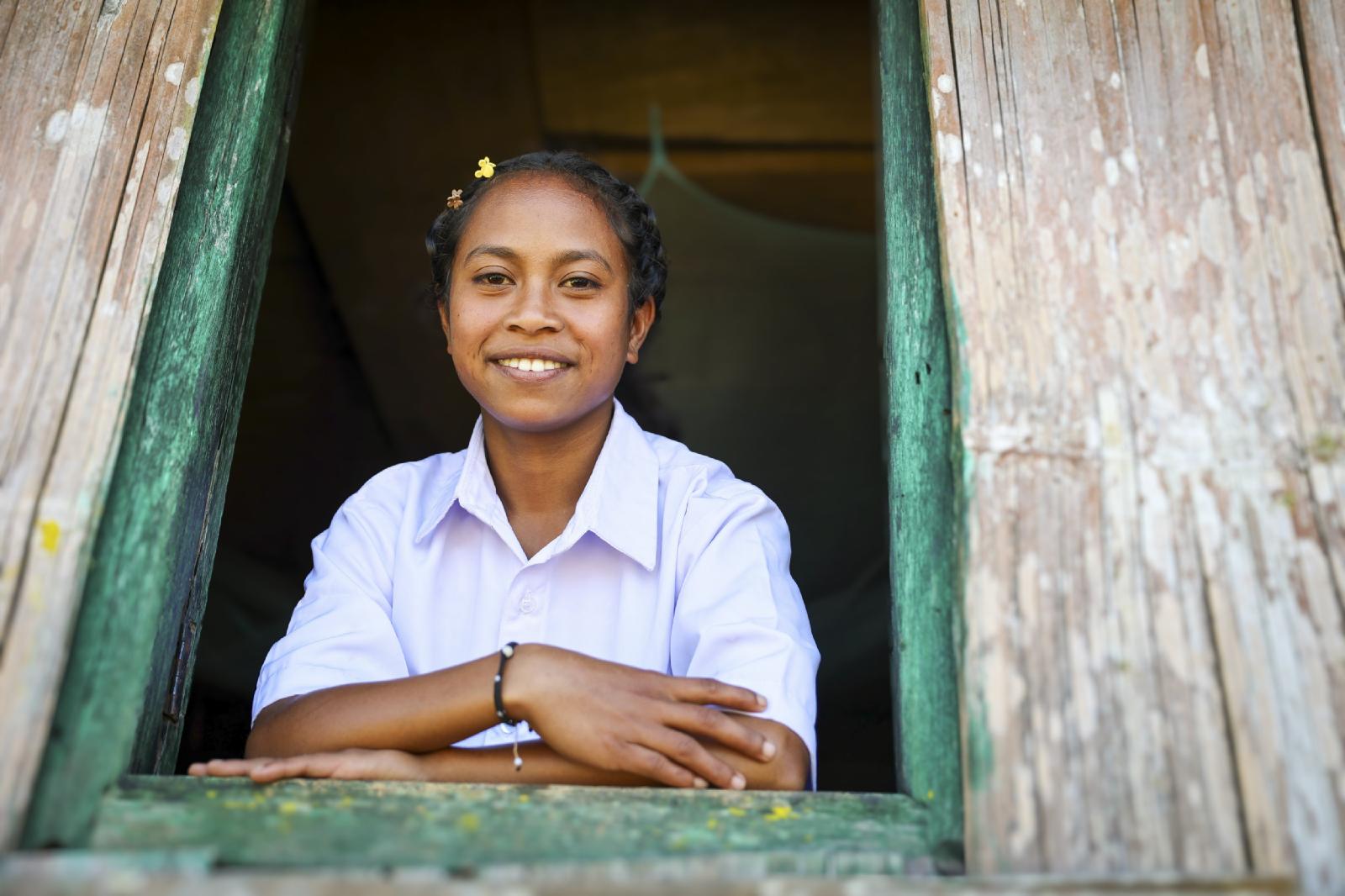DICT, Tech for Good Institute convene roundtable on the Future of Work in the Philippines
Policy makers, industry leaders, academics, and civil society representatives convened yesterday at the Philippines Roundtable on New Models of Work, hosted by a regional think tank, the Tech for Good Institute (TFGI), in collaboration with the Department of Information and Communications Technology (DICT). Marking the first event specifically designed to adapt and implement regional best […]

Policy makers, industry leaders, academics, and civil society representatives convened yesterday at the Philippines Roundtable on New Models of Work, hosted by a regional think tank, the Tech for Good Institute (TFGI), in collaboration with the Department of Information and Communications Technology (DICT).
Marking the first event specifically designed to adapt and implement regional best practices within the unique labor market conditions of the Philippines, the roundtable addressed urgent workforce challenges intensified by the rapid growth of the digital economy.
As one of Southeast Asia’s fastest-growing digital economies, the Philippines faces significant shifts in its labor market, driven by an accelerated reliance on digital platforms, a booming gig economy, and an increase in international remote work.
However, critical challenges such as skill mismatches, limited digital literacy skills among Filipinos, and unequal access to digital opportunities, intensify the need for immediate strategic interventions. A 2020 survey by PIDS-DICT shows that most Filipinos on online platforms still overwhelmingly perform jobs at the lower end of the value chain including marketing/sales (45%) and clerical/data entry (24%).
Considering these challenges, advancing digital skills and workforce readiness has become a core pillar of the Marcos administration’s vision for inclusive digital transformation.
The DICT has taken the lead in operationalizing this vision through a combination of connectivity infrastructure and human capital development. The continued rollout of the National Broadband Plan and the Free Wi-Fi for All Program has laid the groundwork for broader digital access. At the same time, the Trabahong Digital initiative aims to close the digital skills gap by delivering targeted upskilling and reskilling programs that prepare Filipinos for more meaningful participation in the digital economy.
The roundtable produced insights tailored specifically for the Philippines, highlighting innovative strategies such as targeted industry-aligned upskilling and reskilling programs to directly address current skill shortages in high-demand digital sectors.
Additionally, participants discussed new models for human-centric workplace designs aimed at improving worker well-being, productivity, and retention amidst evolving work conditions. The dialogue also emphasized establishing cross-sector collaborative frameworks to create immediate channels for public-private-educational partnerships, enhancing workforce responsiveness and resilience.
During the discussion, successful strategies from other Southeast Asian nations were highlighted — such as Singapore’s SkillsFuture initiative, which empowers individuals to upskill through subsidized training, and Malaysia’s public-private collaborations, including those led by the Malaysia Digital Economy Corp., that support digital skills development aligned with industry needs.
These practices were contextualized to align with the Philippines’ labor market conditions, offering actionable insights for local stakeholders.
“Technology is reshaping labor markets across Southeast Asia, and the Philippines is uniquely positioned to become a leader in proactive workforce transformation,” said Citra Nasruddin, Programme Director of TFGI. “This roundtable sets a new benchmark by translating successful regional insights into immediate, actionable strategies for the Philippines context.”
DICT Assistant Secretary Celine Dee emphasized the importance of building an intentional framework to co-create tailored digital skilling and job pathways stating, “There is value in building a digital economy rooted in local communities, responsive to private sector needs, and resilient enough to scale across the Philippines.
As such, we want to create a powerful feedback loop between local demand and industry expertise, and build an ecosystem where Filipinos can actively shape their own futures through technology.”
Key attendees included representatives from government agencies such as the Department of Labor and Employment (DoLE) and Technical Education and Skills Development Authority (TESDA), leading industry players including Microsoft Philippines and Grab Philippines, and academic leaders from Ateneo de Manila University and the University of Asia and the Pacific.
Insights and strategies developed from this groundbreaking national dialogue will inform similar country-specific discussions throughout Southeast Asia, positioning the Philippines as a proactive regional model in digital workforce adaptation.
Spotlight is BusinessWorld’s sponsored section that allows advertisers to amplify their brand and connect with BusinessWorld’s audience by publishing their stories on the BusinessWorld Web site. For more information, send an email to online@bworldonline.com.
Join us on Viber at https://bit.ly/3hv6bLA to get more updates and subscribe to BusinessWorld’s titles and get exclusive content through www.bworld-x.com.










